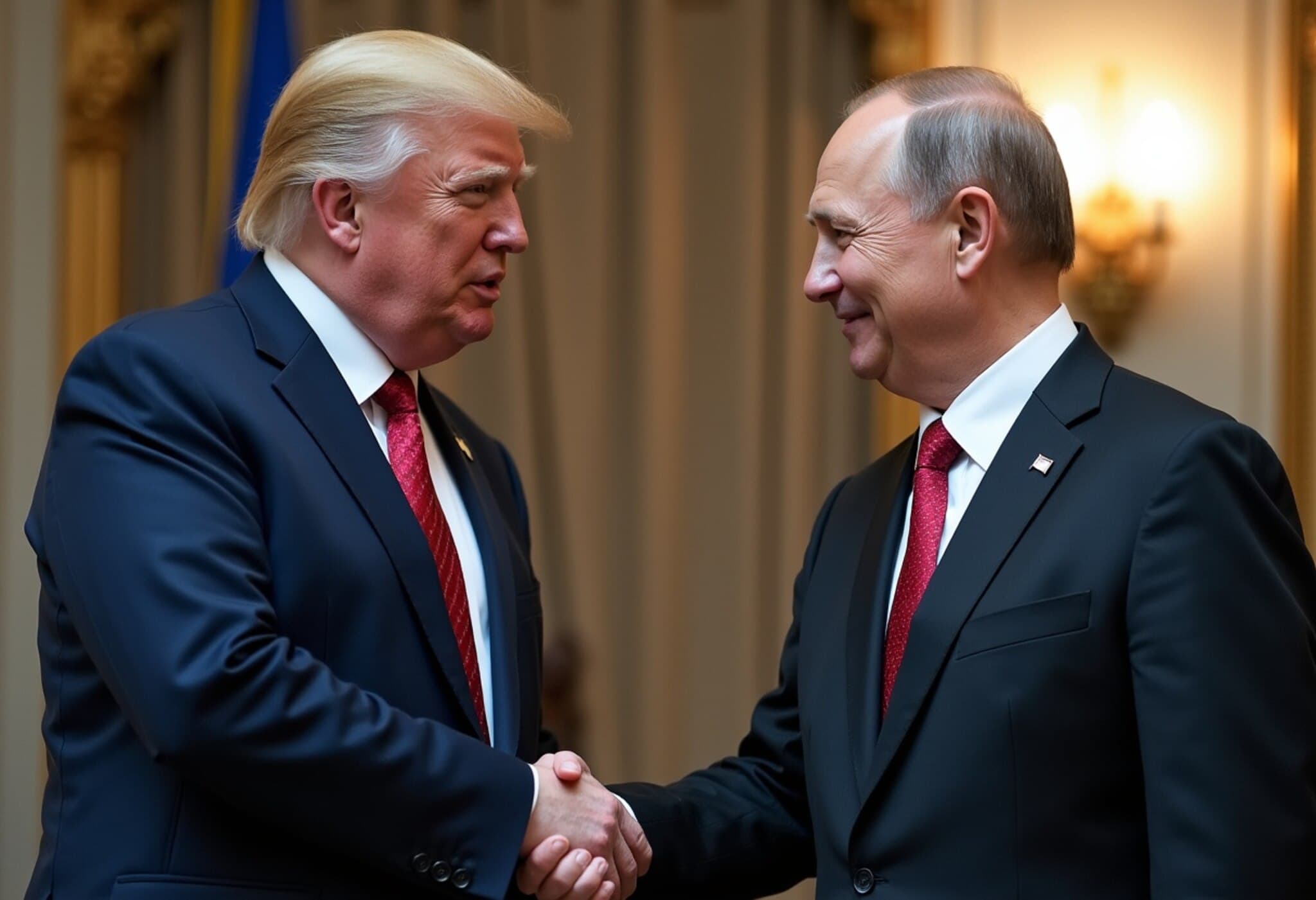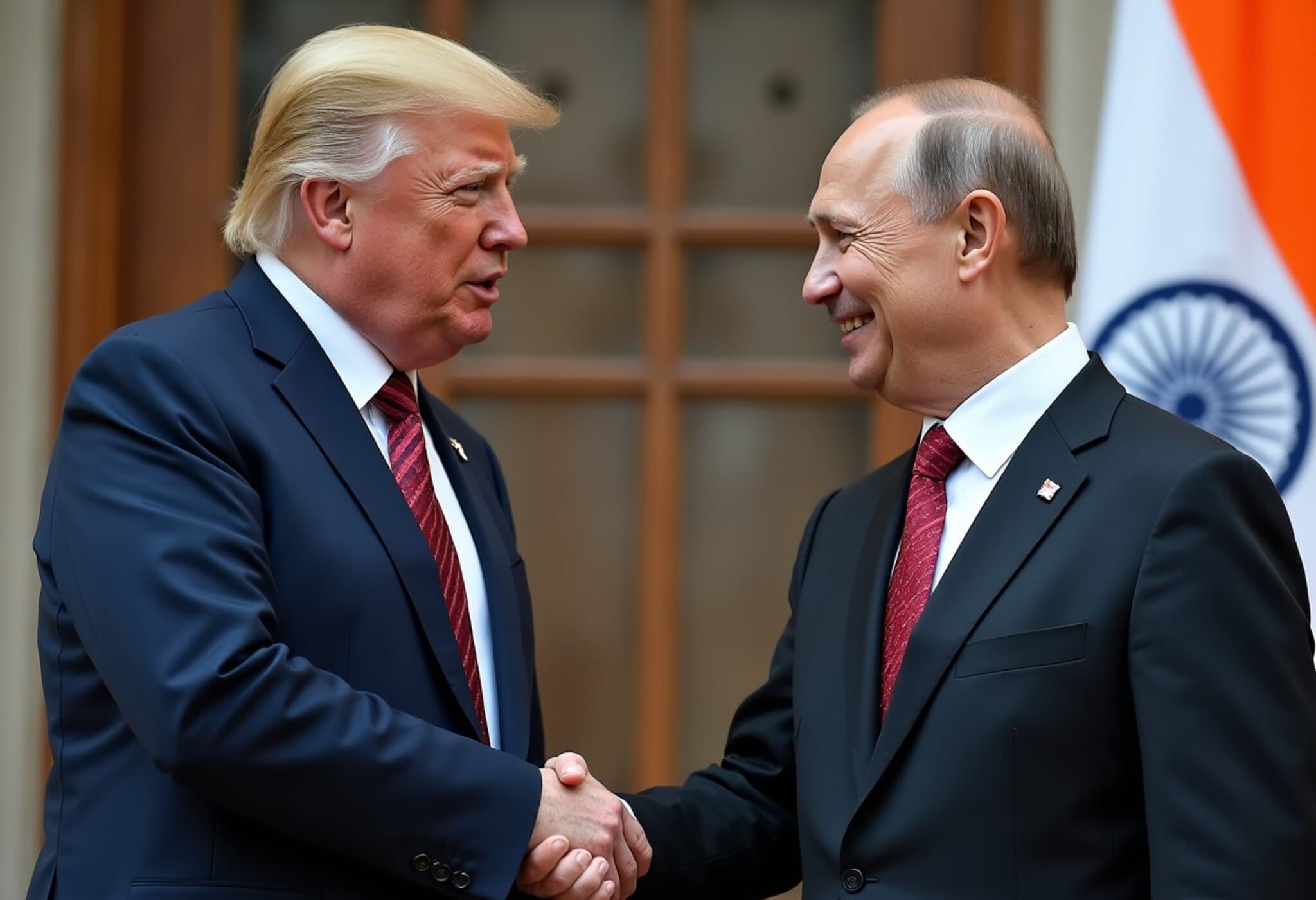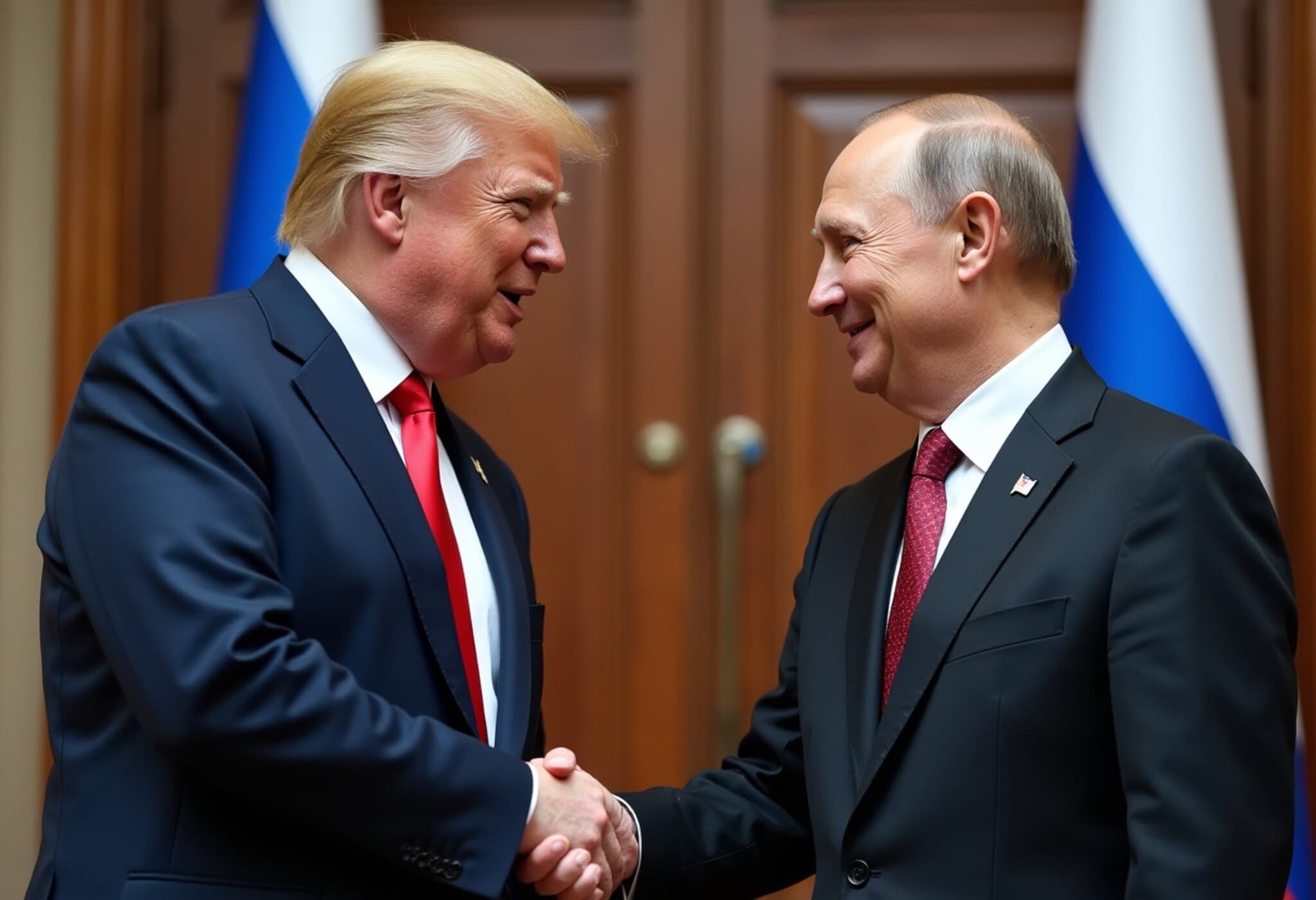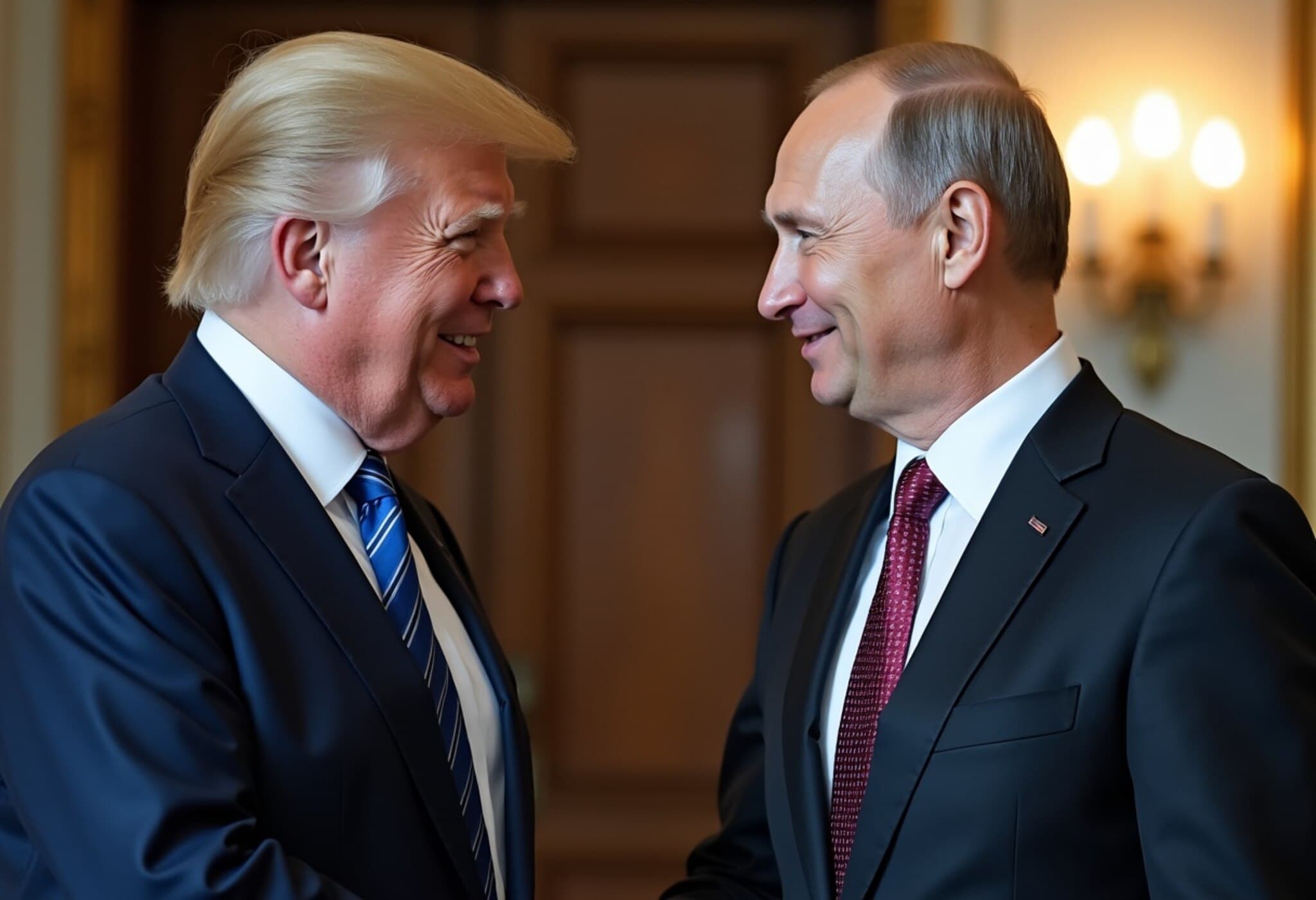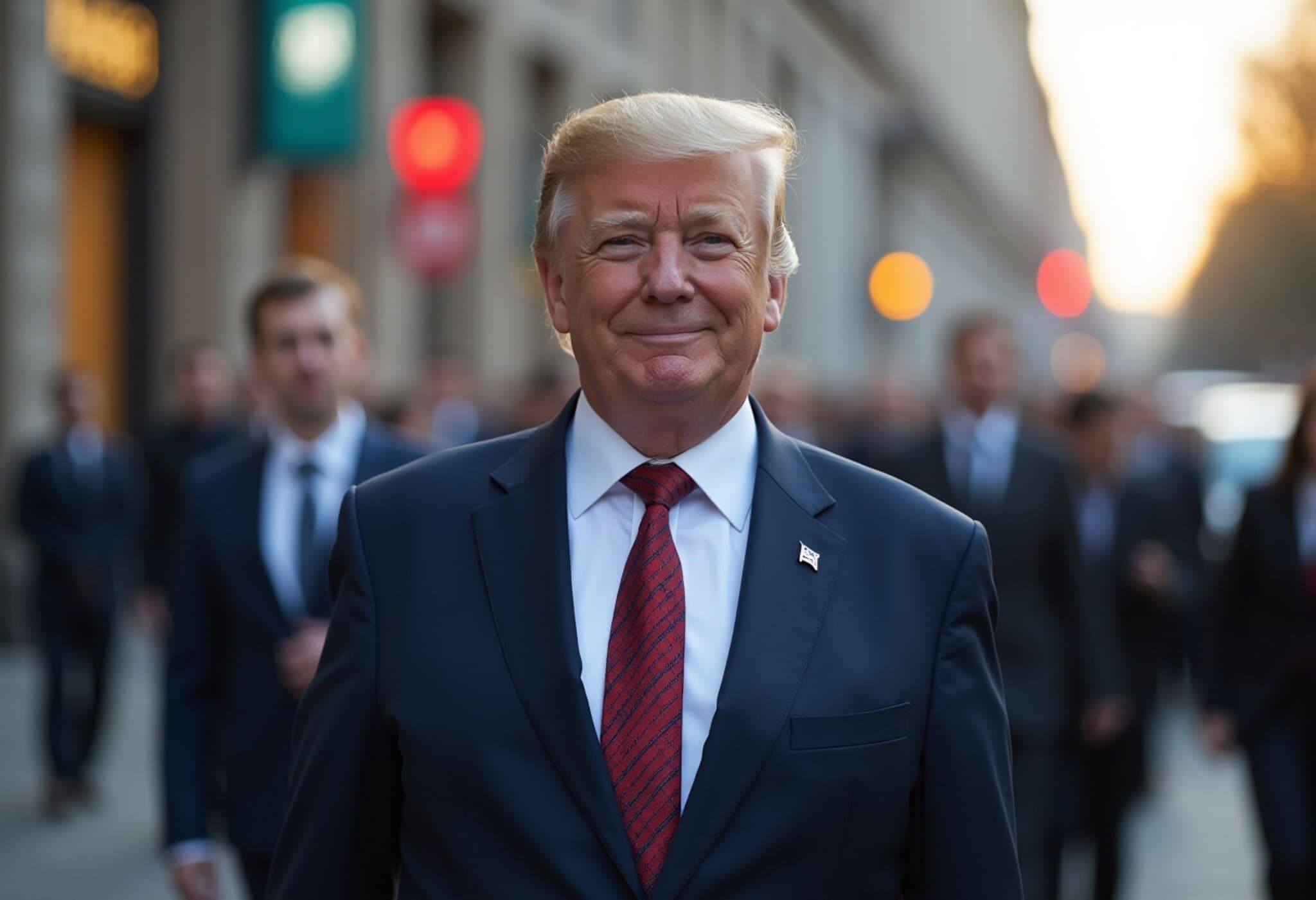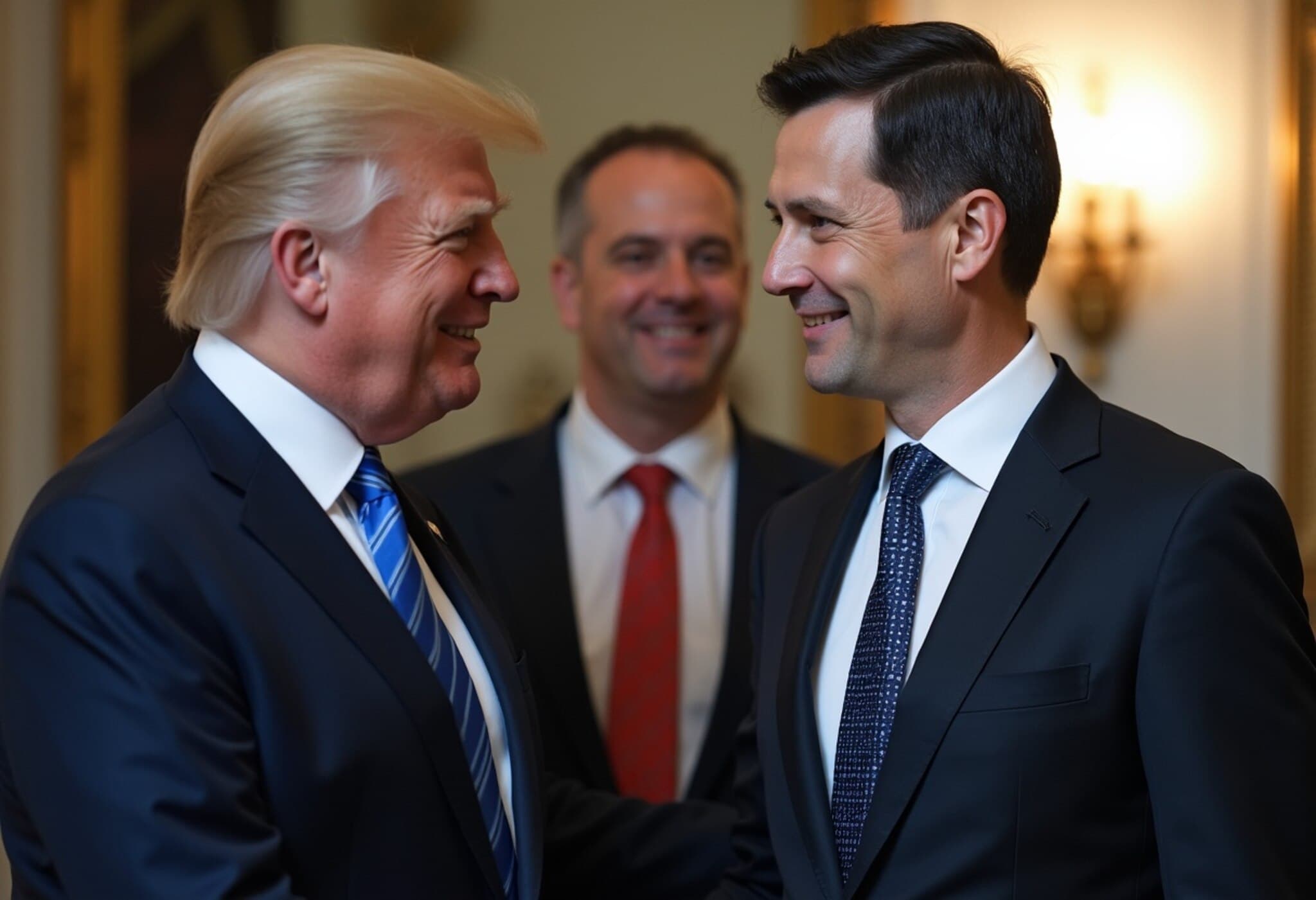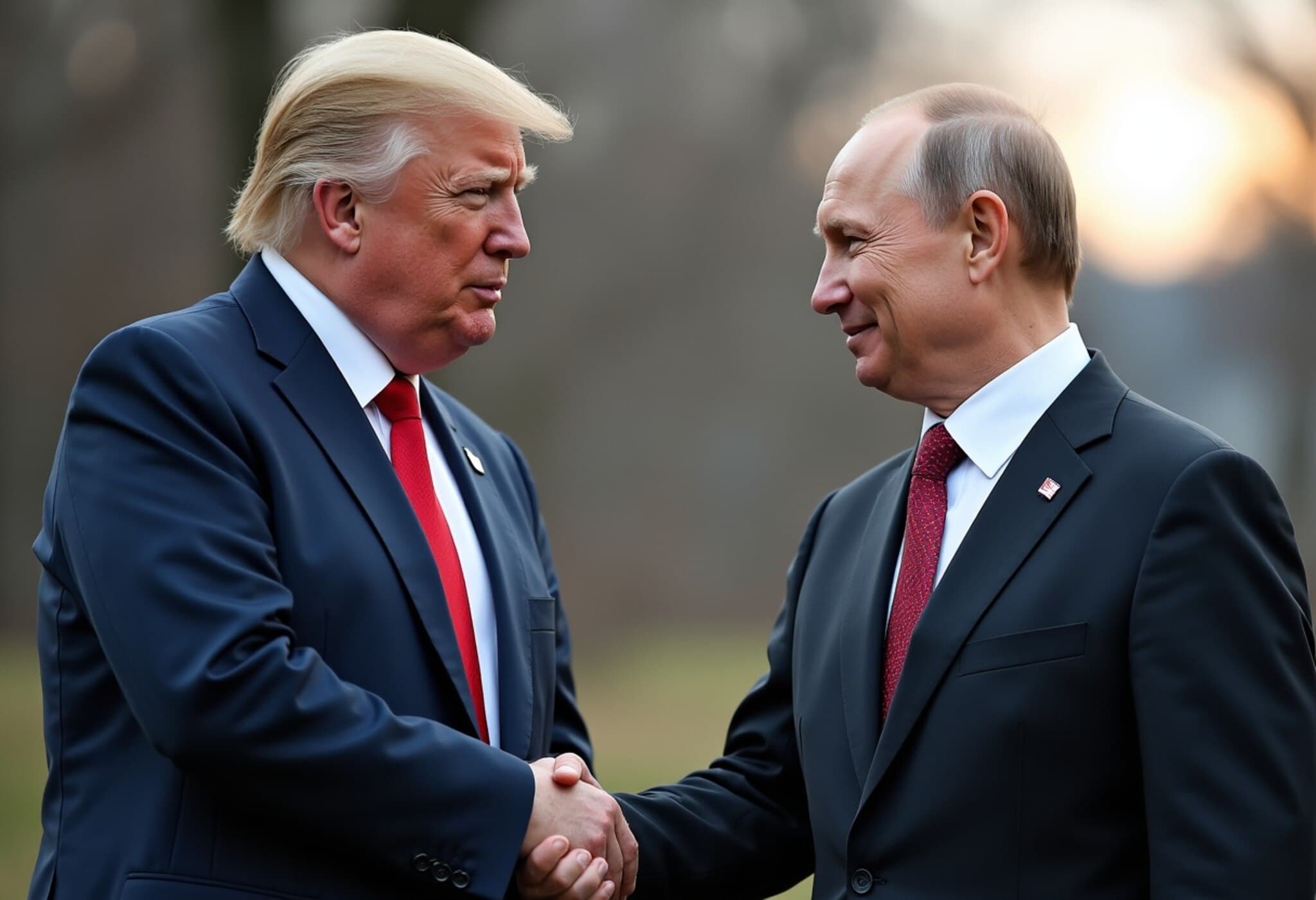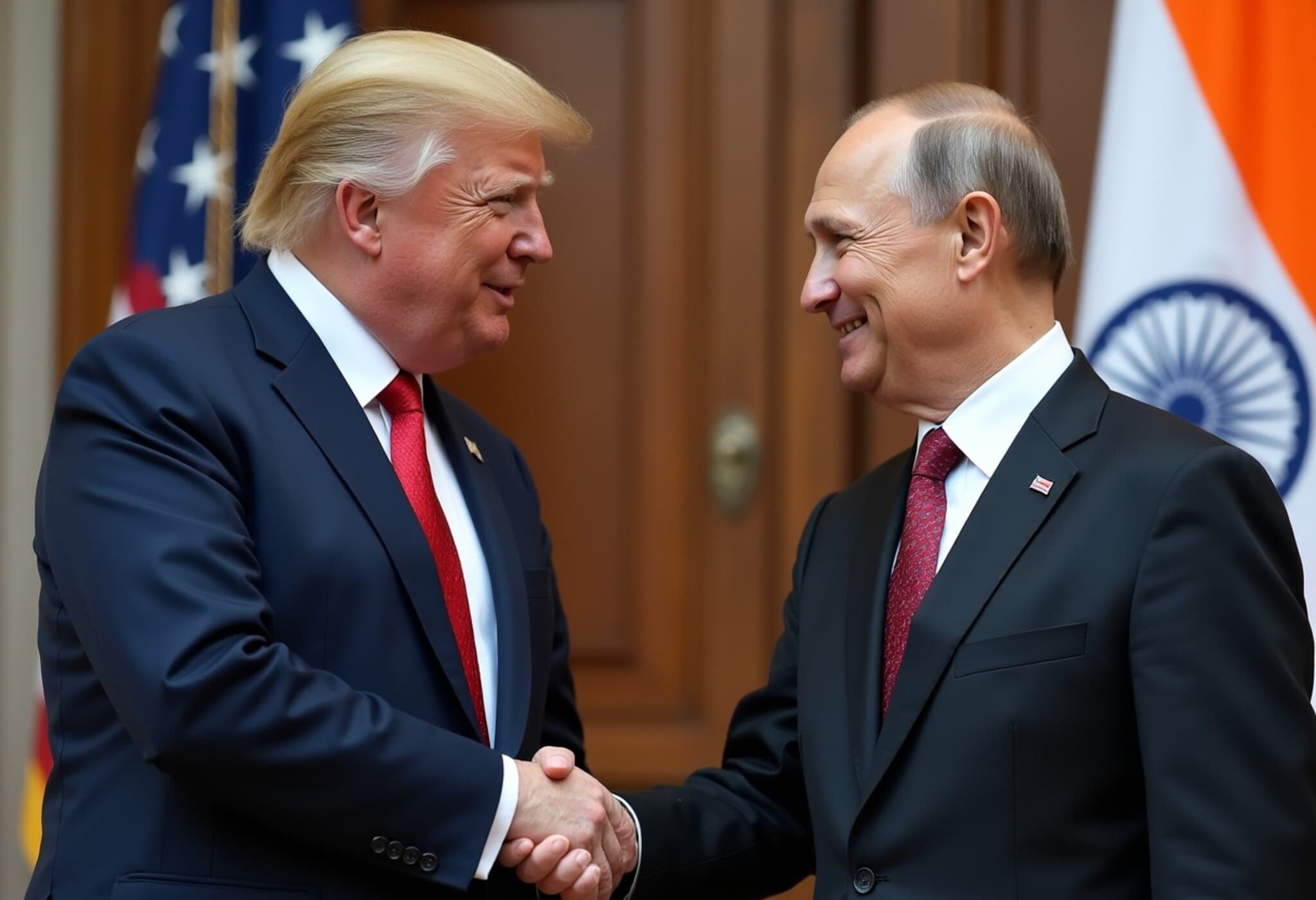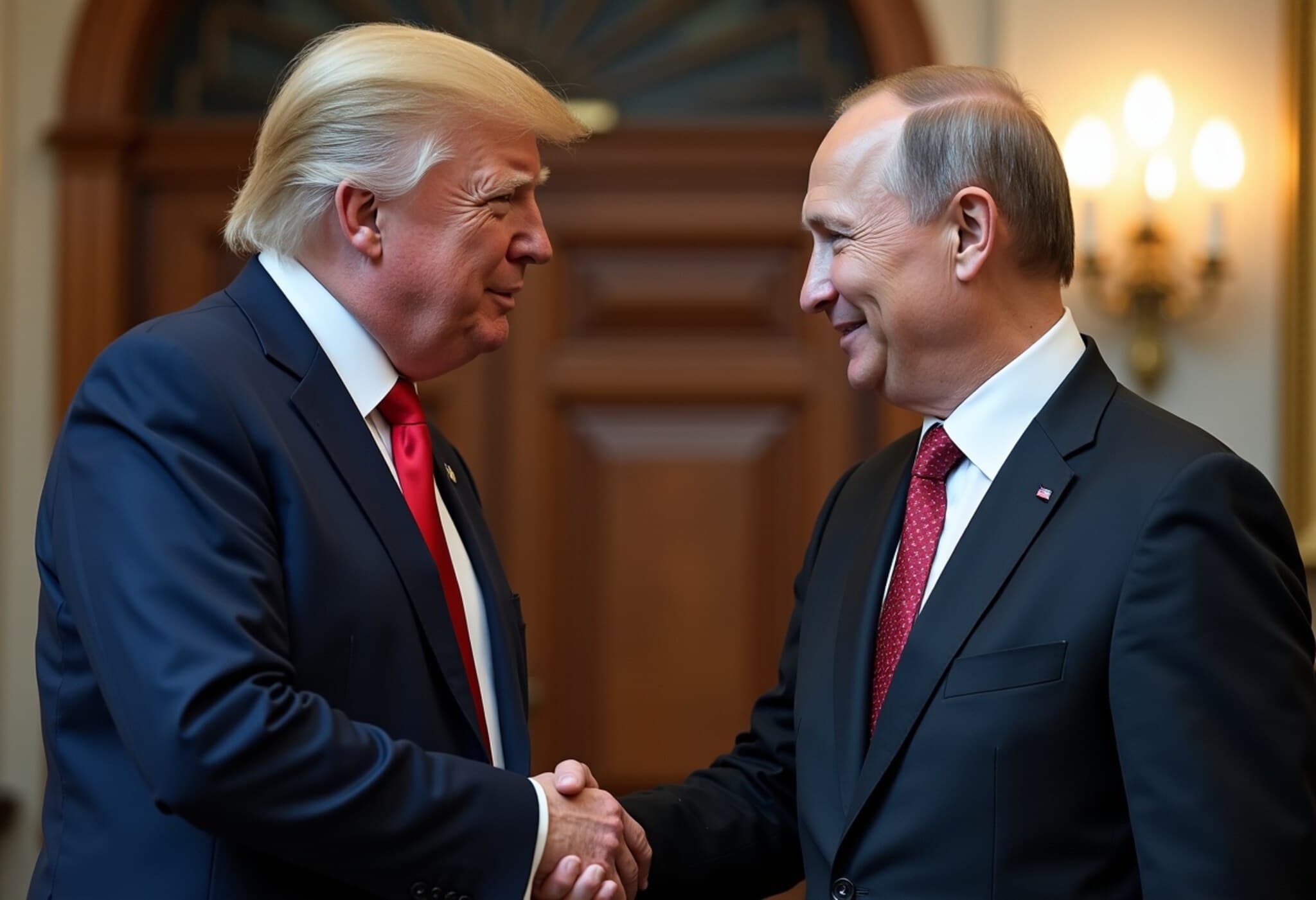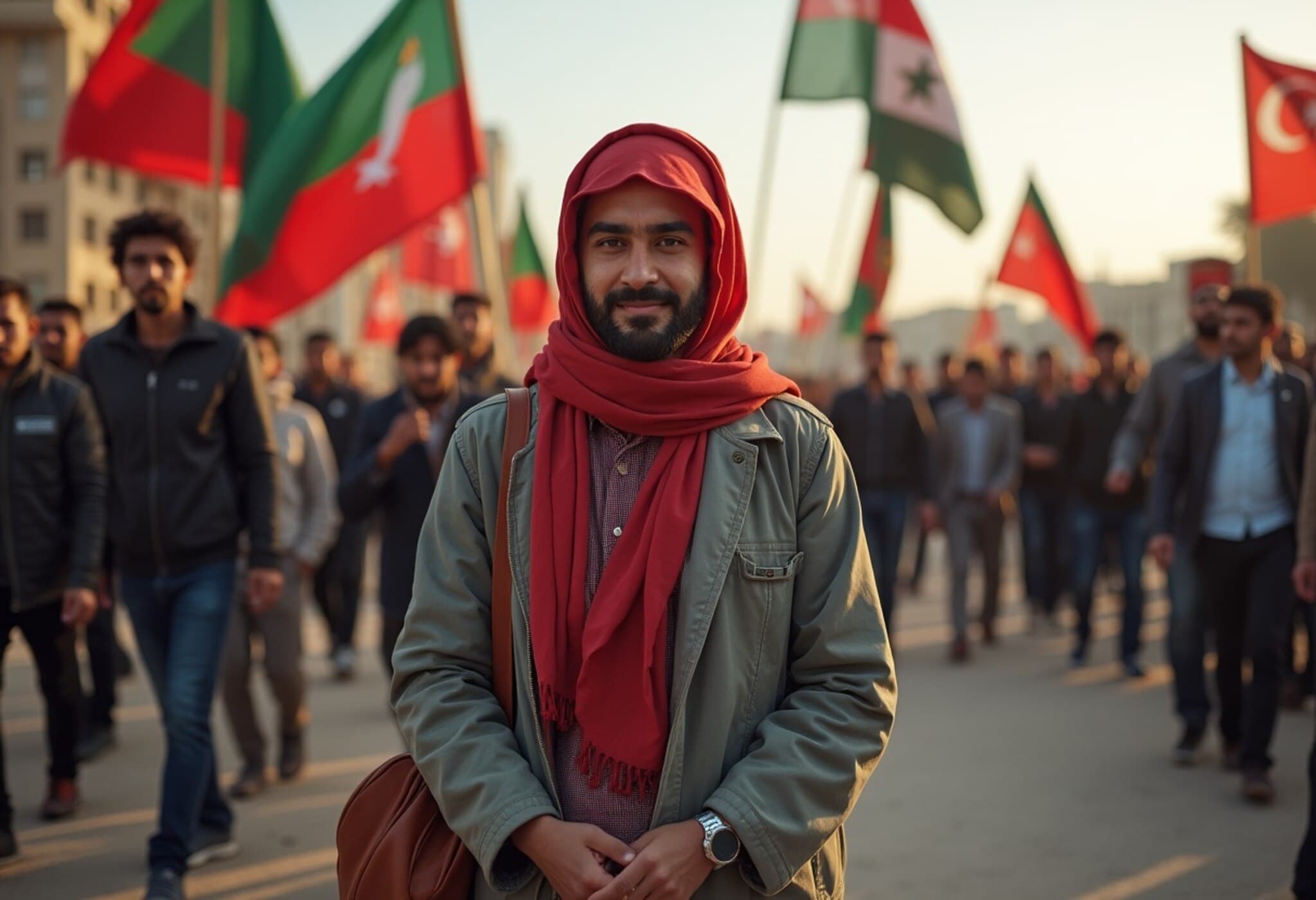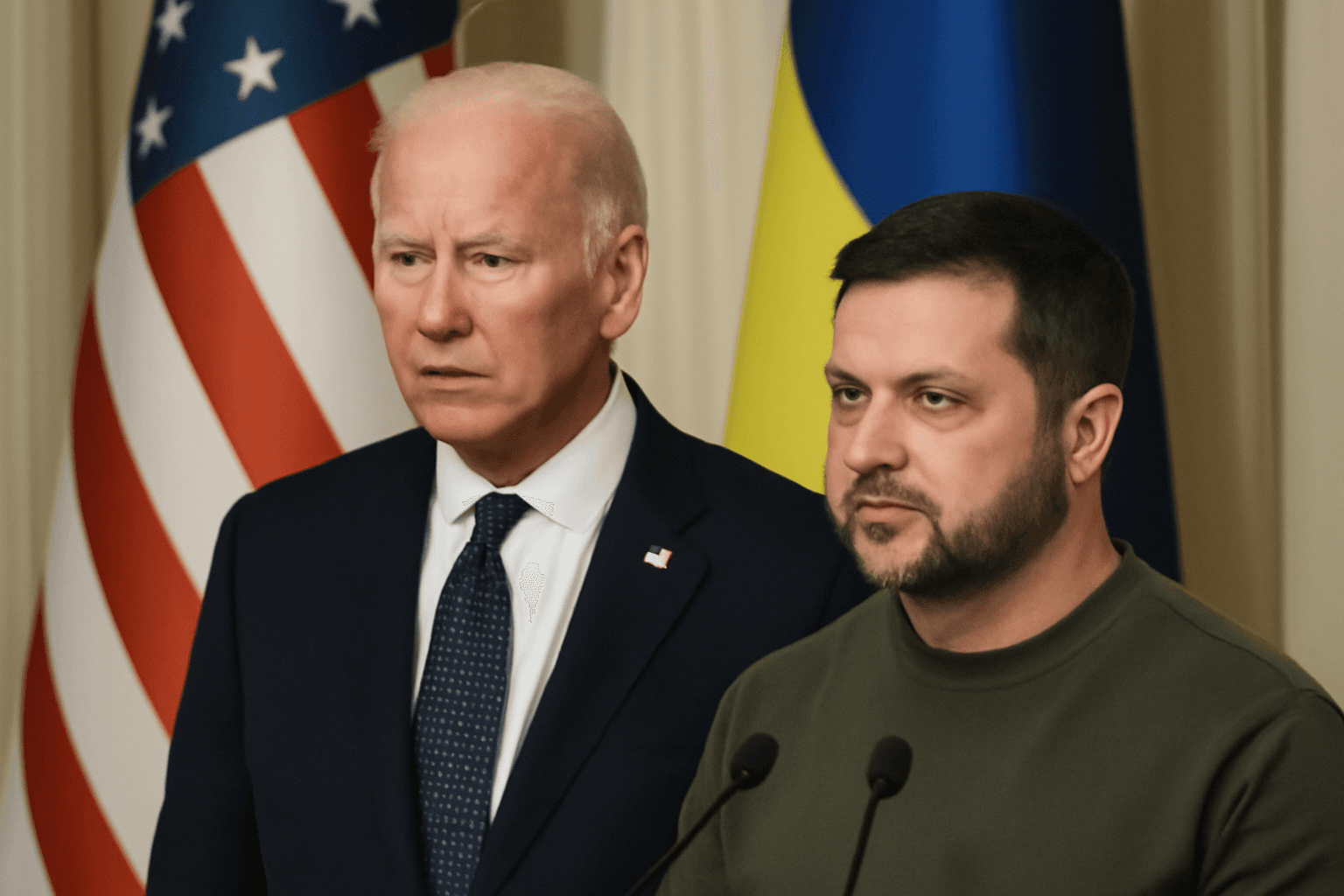Ukrainians Voice Frustration Over Trump-Putin Summit Amid Relentless Russian Assaults
As the world watched the high-profile meeting between former US President Donald Trump and Russian President Vladimir Putin in Alaska, many Ukrainians expressed deep frustration and skepticism about the summit's relevance — especially given the relentless Russian attacks on their homeland. For those on the ground in Ukraine, particularly in cities like Kharkiv that have borne the brunt of the conflict, the summit felt disconnected from the grim realities they face daily.
Concerns Over Exclusion and Diplomatic Legitimization
Pavlo Nebroev, a theatre manager from Kharkiv, stayed up late to watch the press conference following the Alaska talks. After more than three years of suffering from Russian aggression, Nebroev saw little to celebrate.
“I think this is a great diplomatic victory for Putin. He has completely legitimized himself,” Nebroev said, reflecting a sentiment widely shared among Ukrainians who viewed the summit as sidelining Kyiv.
President Volodymyr Zelenskyy, noticeably absent from the summit, condemned the meeting as a “personal victory” for Putin. The exclusion of Ukrainian representatives stirred unease and anger, as many believe that any resolution regarding Ukraine’s sovereignty requires Kyiv’s direct involvement.
“Issues concerning Ukraine should be resolved with Ukraine participating,” Nebroev asserted, emphasizing the need for rightful representation at the negotiation table.
Talks Yield No Breakthrough, Amid Escalating Violence
The summit concluded without any tangible agreements, with Trump declining to take questions—a stark departure from his usually media-engaged style. This silence compounded skepticism about the summit’s effectiveness.
Meanwhile, violence persisted. In the hours following the talks, Russian forces launched an assault on Kyiv, deploying 85 drones and a ballistic missile, underscoring the brutal disconnect between diplomatic gestures and ground realities.
Iryna Derkach, a local photographer in Kharkiv, captured the somber mood: “Kharkiv doesn’t feel any change. The shelling continues nearly every day.”
Disillusionment and Wariness Towards International Figures
Many Ukrainians expressed deep mistrust toward international leaders, including Trump. Observers like Derkach conveyed a pragmatic stance: focusing on survival and local efforts rather than expecting breakthroughs from distant diplomacy.
Kateryna Fuchenko, a Kyiv resident and avid cosplayer, was blunt in her appraisal:
“They just poured water from empty to empty, back and forth, as always.”
Her words echoed a common theme: the meetings generated buzz but failed to produce concrete results or hope for peace.
The Complex Road Ahead: Peace or Prolonged Conflict?
Voices across Ukraine remain cautiously optimistic about eventual victory but acknowledge the uncertainties ahead.
- Volodymyr Yanukovych, a Kyiv pensioner, anticipates continued missile attacks.
- Larysa Melnyk, a pharmacist, doubts a lasting truce, referencing Russia’s history of reigniting conflicts, as seen in Georgia in 2008.
Her pointed question lingers: “Why does nobody react?”—highlighting a broader call for more decisive international engagement to prevent the conflict from spiraling further.
Expert Commentary: The Diplomatic Dilemma and The Human Cost
From a policy perspective, the Trump-Putin summit raises critical questions about the efficacy and ethics of negotiating with leaders accused of aggression without their victims' participation. The exclusion of Ukraine not only undermines Kyiv’s sovereignty but risks normalizing Russia's invasion by affording its leadership an aura of legitimacy on the world stage.
Moreover, ongoing attacks despite diplomatic talks reveal the limitations of dialogue when underlying power dynamics and territorial ambitions remain unaddressed. For American policy analysts, this situation underscores the necessity for clear, consistent support of Ukraine paired with diplomatic strategies that center on the affected nation’s voice rather than sidelining it.
As this conflict unfolds, media literacy is paramount. Observers worldwide must critically assess whether international summits yield progress or serve as performative gestures that neglect the human suffering on the ground.
Editor’s Note
The Alaska summit between Trump and Putin starkly illustrates a disconnect between high-level diplomatic theater and the brutal realities faced daily by Ukrainians. While leaders negotiate behind closed doors, families like those in Kharkiv endure missile attacks that no summit can immediately halt. The key lesson? Sustainable peace demands inclusive diplomacy—one where Ukraine’s voice is not an afterthought but the centerpiece.
As international stakeholders watch, the challenge remains: how to translate talk into tangible support and lasting security for Ukraine’s people.

